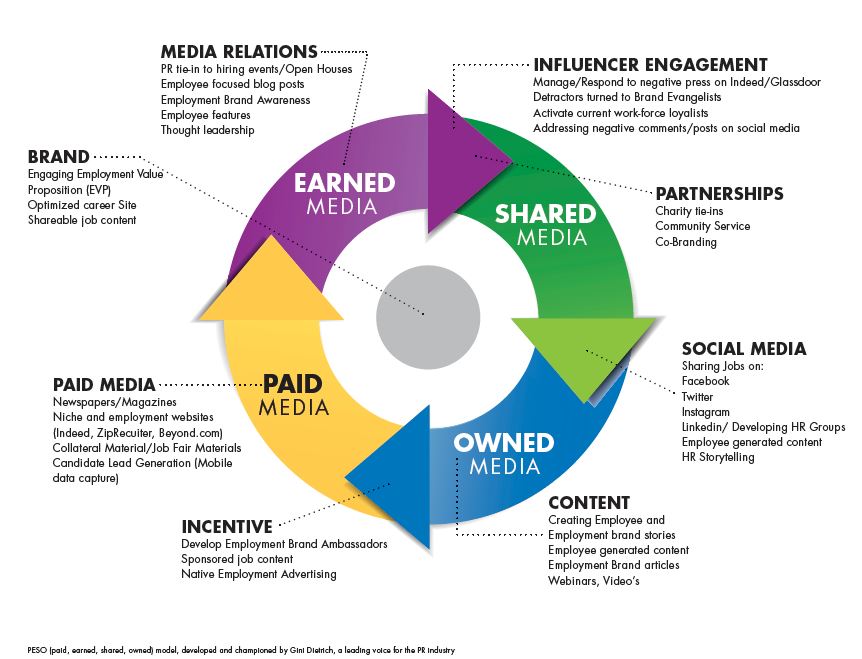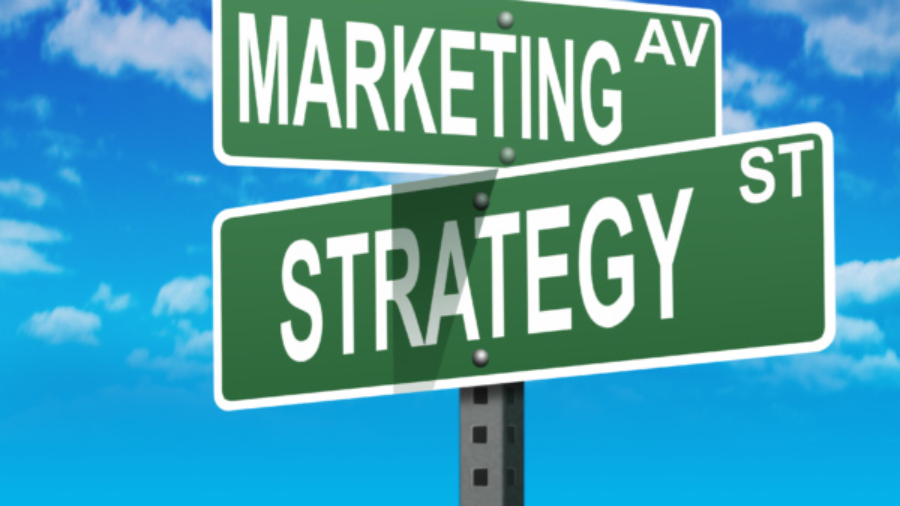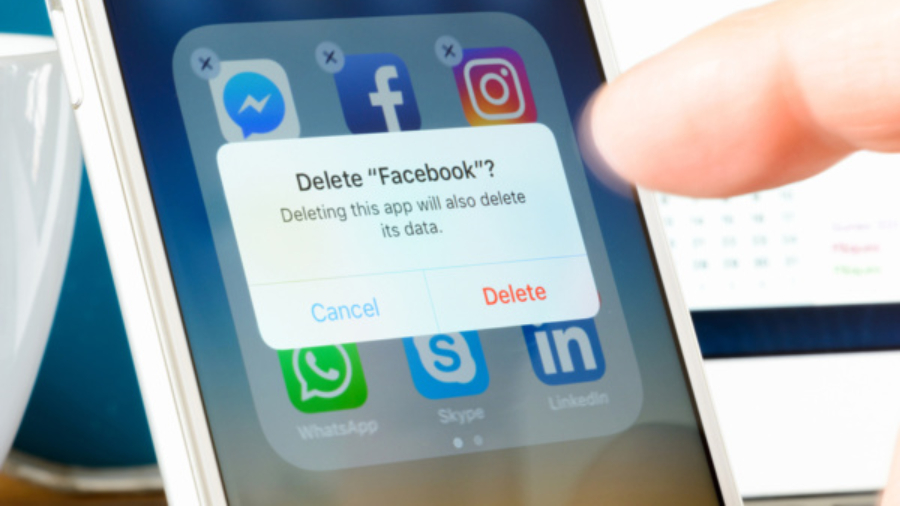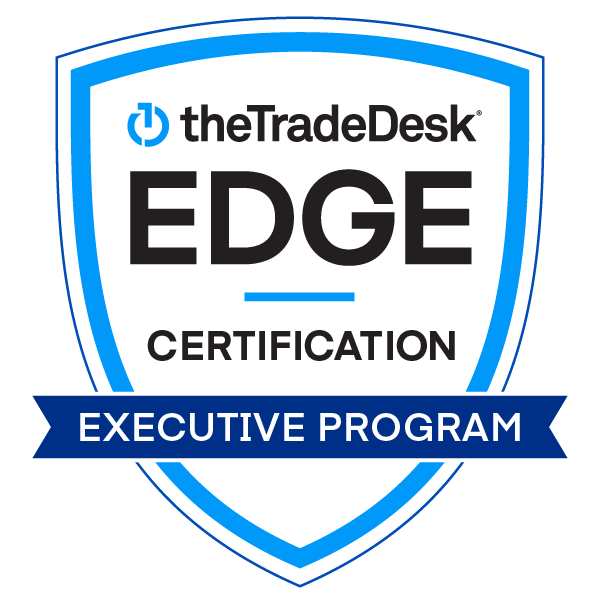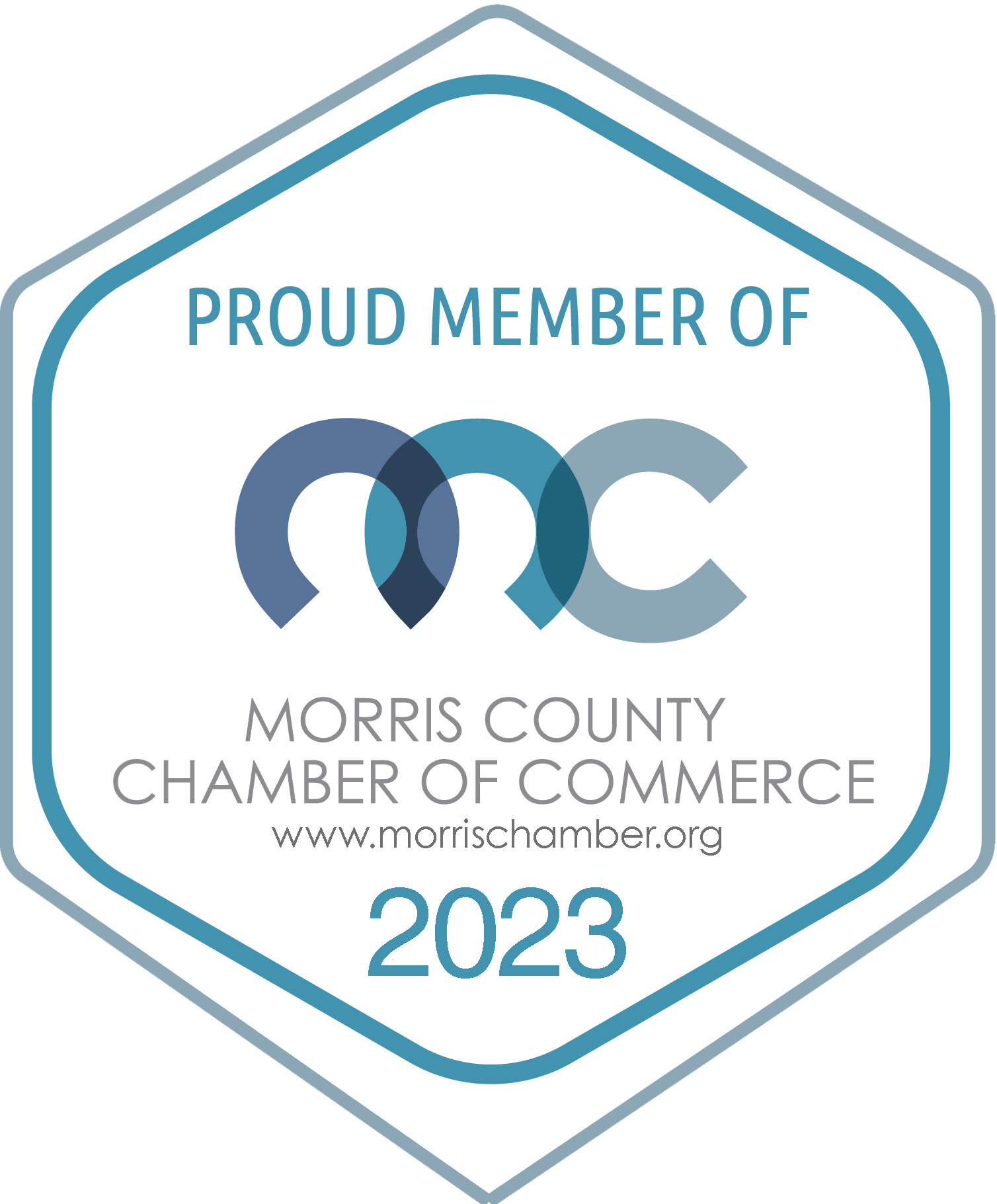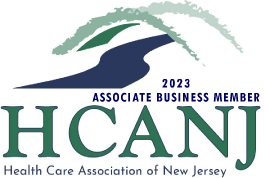 At the beginning of each year the recruitment pundits make their predictions as to the trends that will take place in the coming year. They are hoping to give recruiters a head-start in preparing and implementing new strategies. For the most part they are all interesting and informative.
At the beginning of each year the recruitment pundits make their predictions as to the trends that will take place in the coming year. They are hoping to give recruiters a head-start in preparing and implementing new strategies. For the most part they are all interesting and informative.
Of course, in a recruitment marketplace that is showing great job growth (January-March had the strongest average monthly job growth since 1997) and extremely low unemployment (January-March holding at 4.1%), successful talent acquisition becomes a much more daunting task. Recruiters are looking for anything that will provide the edge they need. (For more information on why the market is tightening click here.)
In trying to digest all of the suggestions, I noticed that a great number of them were saying that in 2018 recruiters need to be marketers. Hmm. Good and very pertinent suggestion; but shouldn’t talent acquisition professionals always act like marketers?
The objective of a professional talent acquisition team is to identify, attract and onboard talent that will enable the company to meet and even exceed their goals. They strive to put together strategies that will bring the best and brightest to their team. That requires constantly selling the company and continually building the employer brand by consistently repeating the employee value proposition (EVP) – what the employee receives in return for the expertise brought to the table. That is certainly no different than a marketer approaches building their brand.
Below are some things that as a recruitment marketer you can be concentrating on:
Build a consistent employer brand
This will make the candidates predisposed to applying.
Gather market intelligence
This will help you to know your competition and where you can find your next superstar.
Put your advantages front and center in copy
This will help to attract more individuals from which to choose.
Choose your media wisely
There are so many channels out there they can be confusing or the perfect targeting tools. But it takes homework.
Don’t stop
No matter the job market’s supply and demand, always think like a marketer.
Of course, it would help to have a partner in your recruitment efforts with experience in recruitment and marketing such as an agency full of talent like SCG. At SCG, in our daily practice we use the Peso model (Paid, earned, shared and owned media) specifically designed for HR, shown below, as the center of our strategic planning to help you achieve your goals. Contact the SCG location nearest to you.
HR Peso Model
